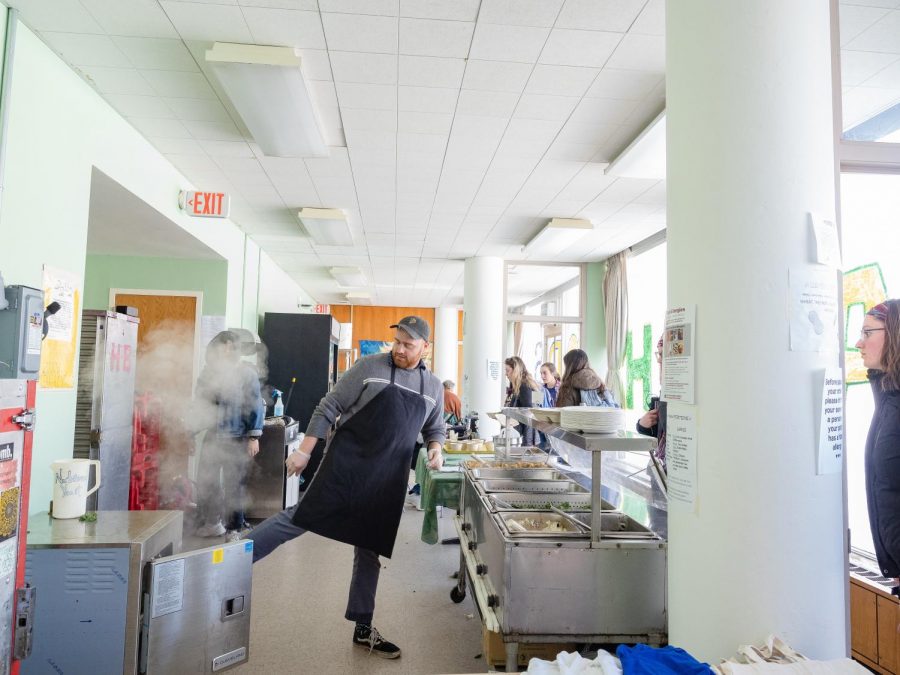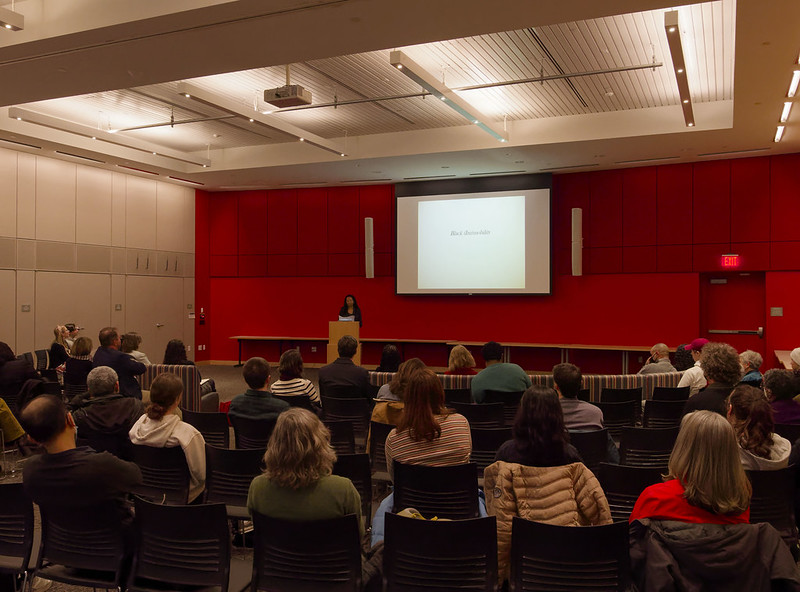A proposal put forth in December by Florida Gov. Rick Scott that calls on his state’s public universities to freeze tuition for students seeking job-friendly degrees has received mixed reactions from students and officials at the University of Massachusetts, some of whom say the measure would unfairly penalize liberal arts students.
In asking the state’s 12 universities to hold tuition steady for majors in “strategic areas” linked to the job market, Scott aims to direct students to employable fields.
In December, Scott’s higher education task force and some Republican lawmakers in the state proposed that universities freeze tuition for at least three years in some areas of studies that, according to the New York Times, “would vary depending on supply and demand.” In effect, the move could mean that students majoring in history or English, for example, would be paying more for their degrees than engineering or mathematics majors.
Julie Hayes, dean of the College of Humanities and Fine Arts at UMass, said that Florida is sending the message that the humanities are less important than science, technology, engineering and mathematics (STEM).
“The values and the benefits of humanistic education should be available to all,” she said. “To place a higher fee on a humanities education is to suggest that the humanities are only for the economically privileged.”
Additionally, attempting to lure students to the STEM fields with financial incentives is “based on misperceptions” that students will choose their major based on a “discount price,” Hayes said.
However, Maurice Gatongo, a public health major, said that a reduced tuition would be enough to make him choose a STEM degree over any other.
“I think it’s a good idea,” he said regarding Florida’s proposal.
Even without discounted tuition, engineering students see a financial incentive to their chosen field of study, according to Christopher Hollot, head of the department of electrical and computer engineering at UMass.
“Healthy placement rates and high starting salaries I think are enough,” Hollot said.
Approximately 81 to 87 percent of UMass graduates with technical or content-specific degrees secure jobs within six months after graduating, compared to the 60 to 63 percent of liberal arts majors being employed within the same time frame, according to Candice Serafino, interim director of UMass Career Services.
Hollot said that high-tech employers in Florida would be better served by a high school education system that prepares students to pursue science and math degrees. He noted that UMass has benefited by having an early focus on STEM education with freshmen and first-year classes that have been growing in size and quality. He also said that STEM students who delve into the humanities ultimately become more effective scientists and engineers.
Serafino said that internships can be one of the best ways to ensure that students are prepared to succeed in any field.
Every department at UMass is now requiring students to complete an integrative experience before they graduate. According to the UMass website, this requirement “provides a structured context” for students of any major to “explore the connections between the broad exposure provided by General Education and the more focused exposure of their major.”
“It’s important when we graduate our students that they know how engineers interact with the world,” Hollot said. “When we do design, we have to understand how it will impact the users. That crosses a number of boundaries that the humanities shines light on.”
According to a study by the Association of American Colleges and Universities, “employers believe that colleges can best prepare graduates for long-term career success by helping them develop both a broad range of skills and knowledge and in-depth skills and knowledge in a specific field or major.”
Toward that end, the UMass College of Humanities and Fine Arts has recently implemented a career preparedness course that helps students understand the importance of skills in writing, research and problem solving.
“We need to help students articulate their very real abilities, which studies have shown are much sought after by employers,” Hayes said.
She thinks the Florida proposal is unlikely to take effect, not only because of the controversy that surrounds it, but also for what she sees as a number of practical problems, like what would be done if students change their majors. Furthermore, she believes the state could be hurting itself by discouraging students from majoring in the humanities.
“The humanities and social sciences are actually ‘profit centers’ for universities; the tuition derived from these sectors provides a subsidy to the higher cost of instruction in the STEM disciplines,” Hayes said.
Aviva Luttrell can be reached at [email protected].

















Marky • Jun 27, 2013 at 6:17 am
Excellent post. I used to be checking continuously this blog and I am impressed! Extremely helpful info specifically the remaining phase 🙂 I take care of such information a lot. I used to be looking for this certain info for a very long time. Thanks and good luck.
Jason Sprenger • Mar 11, 2013 at 5:01 pm
Skills gaps are emerging in today’s economy, and a solution that’s proven to make a difference in helping the economy thrive is investing in career and technical education (CTE). CTE programs, whether at the secondary, post-secondary or other educational level, boost student achievement and deliver increased career and earning potential. CTE also produces workers for the open jobs of today, and boosts business productivity and economic status as a result. Whether it’s sewing or shop class, or another one of the many varied CTE career paths, it all makes a significant difference to students, communities and the economy.
The Industry Workforce Needs Council is a new organization of businesses working together to spotlight skills gaps and advocate/kick off CTE programs that work to curb the problem. For more information, or to join the effort, visit the IWNC website.
Jason Sprenger, for the IWNC